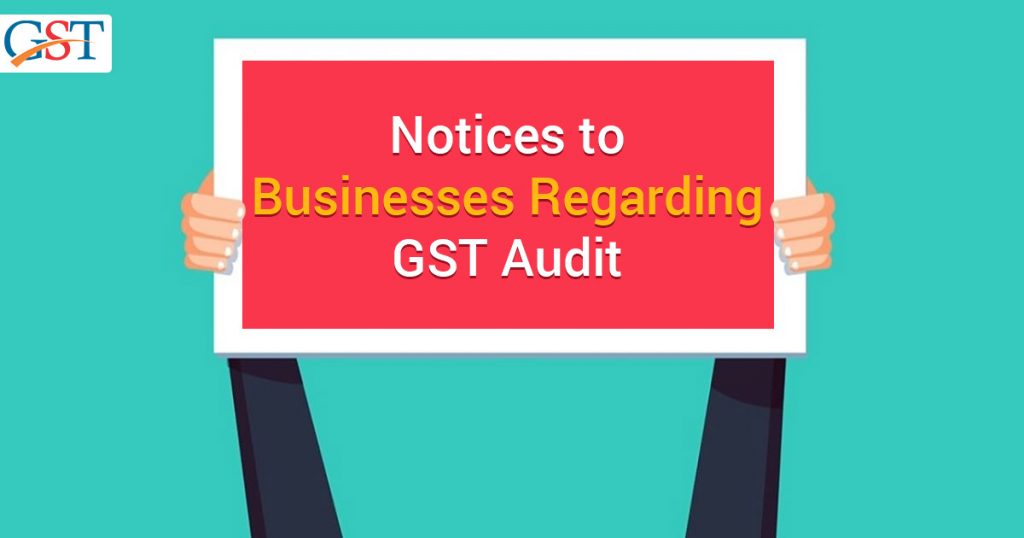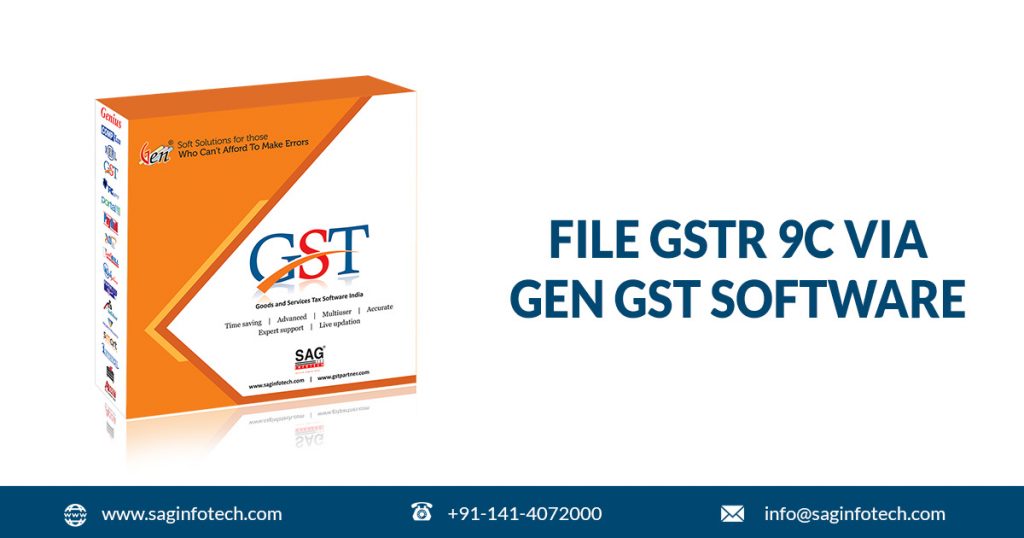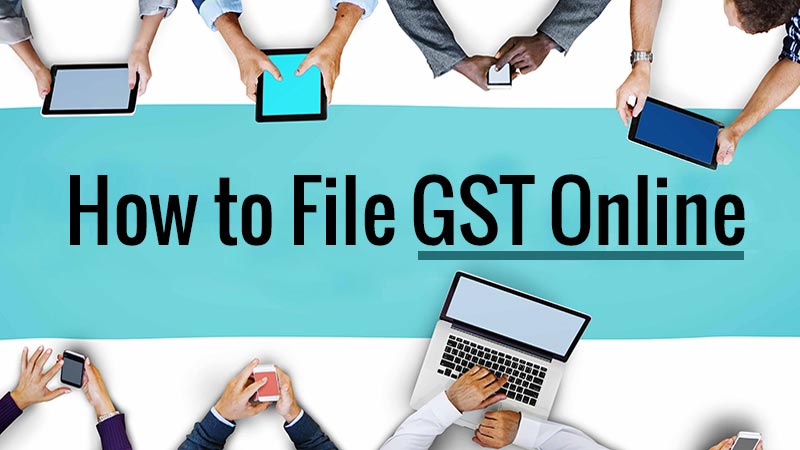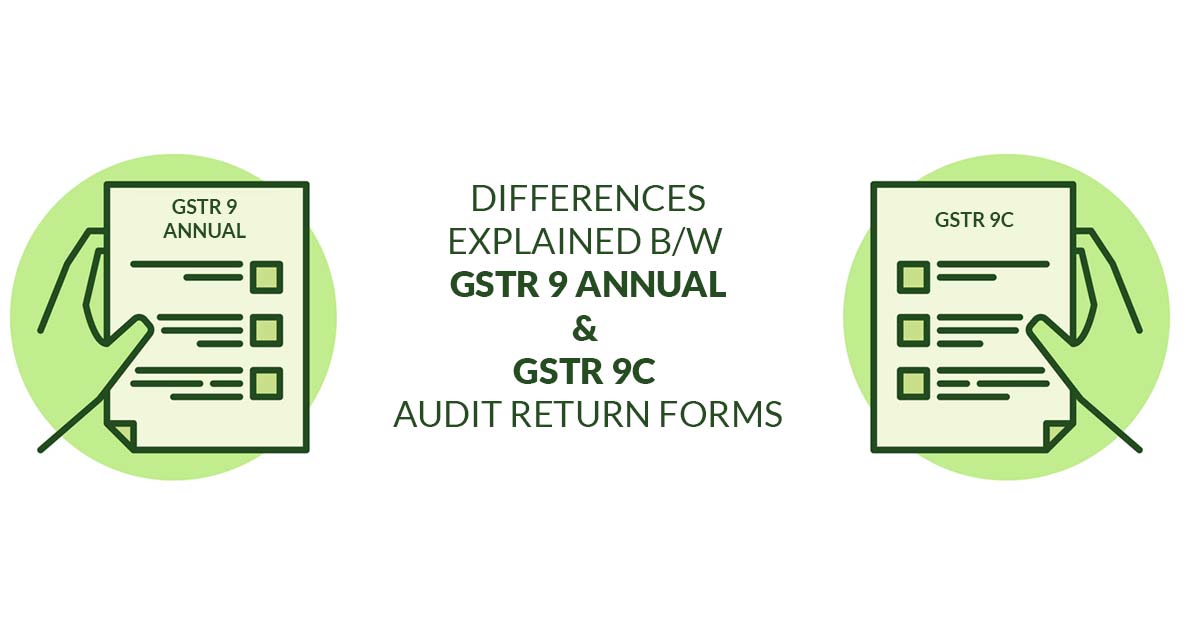
The department under GST is finally extending notices to on business whose accounts are required to get audited as per the norms. Cordial notices are being sent by the government to businesses for the first year of GST (2017-18).
There are three basic kinds of audits under GST, the first one focuses on the business where the annual turnover is more than Rs. 2 Crore, such businessmen are required to get their accounts audited by a Chartered Accountant or a Cost Accountant and furnish the reports in GSTR 9C (Audit Form) 
The third kind is the general audit where the local tax authorities process audits for individual taxpayers. As declared by some influentials in the field, the period of continual audits has arrived in which the taxpayers (either entities or individuals) have to prove the authenticity of the tax paid and the credit claimed by them on the inputs by furnishing the accounts of their sales, profit, and purchase to legal authorities.
Being the first audit session after the implementation of GST (Goods and Services Tax), the official involved in the process are expected to pay extra attention to examine all the documents depicting the financial architecture of a business or income of an individual. Such documents include financial statements, directors’ reports, GST filings 
Time Limit for Furnishing the Audit Reports
Held under the surveillance of Section 65 of the GST Act, the general audit is supervised by the group of GST officials either from their offices or the site of business. As per the norms, the concerned assessees are likely to receive an intimation of audit 15 days prior to its conduct. The deadline for completing the audit is 3 months starting from its commencement, in special cases, if the audit is extended then the very edge is six months from the date of its actual commencement.
While conducting the audit, the concerned official may ask for the set of facilities required to verify the books of accounts providing which is the sole responsibility of the assessee. Providing all the relevant documents required to audit the accounts is the prime duty of the assessee so that the process takes no more than the designated time limit and there is no inconvenience caused to the participants in the audit.
Following the conclusion of the audit, the concerned audit officer will extend a legal intimation to the taxpayer regarding the outcomes of the audit and further obligations (if any) from his (taxpayer) side along with proper reasoning. The assessee is subject to further investigations if the audit team finds any of the incidences when the tax is not paid or the less amount is paid or ITC is wrongly claimed by the assessee.
Following the arrival of audit notice by the legal department, the taxpayer should start preparing for the major event dates by accumulating all the related documents and records of the said financial year (various return forms of the year GSTR1, GSTR 2A, GSTR 3B, GSTR 9 and GSTR 9C 